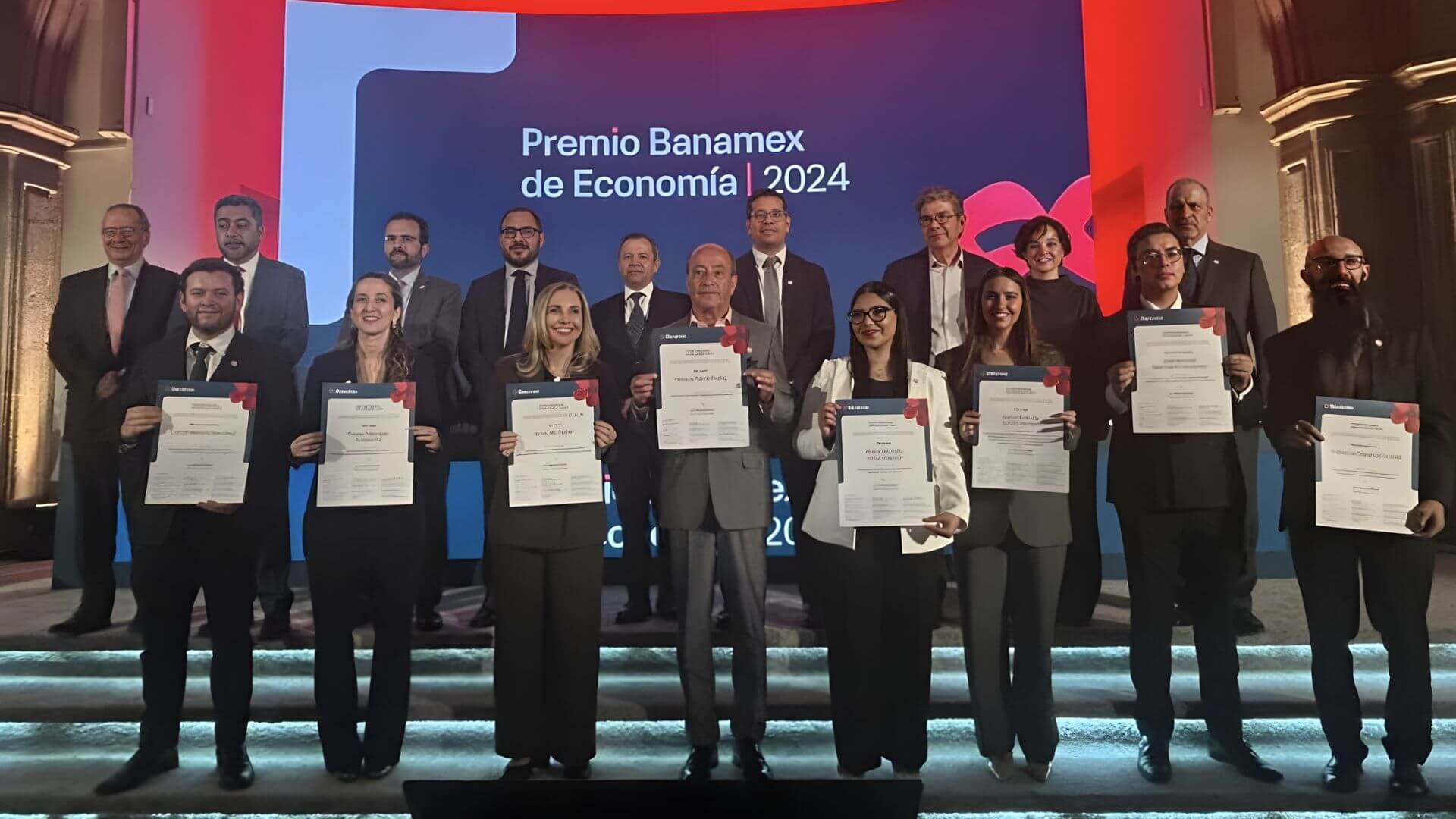
Assistant Professor Claire Dunning has received a $50,000 grant from the Russell Sage Foundation (RSF) to support her research project, “Moving to Mobility: A Philanthropic History of Housing Policy 'After' Civil Rights.” This funding will facilitate her exploration of the role philanthropic foundations played in transforming housing policies in the United States during the post-Civil Rights era.
Dunning's research explores the history of how a handful of relatively small foundations used their resources to influence the development of housing policies, particularly the federal Moving to Opportunity (MTO) program at the Department of Housing and Urban Development in the 1990s. The project was born out of her work on the Taconic Foundation, which was essential in advancing housing desegregation efforts in Chicago and other U.S. cities beginning in the 1960s.
This research is significant in shedding light on an era where foundations traditionally avoided direct involvement in civil rights and racial inequality, often steering clear of structural approaches like litigation and policy changes. Despite this trend, Dunning explains that certain philanthropic funders like the Taconic Foundation took the initiative to address these issues. “Learning from those earlier funding decisions through the extant records expands the contemporary understanding of the power and limitations of philanthropy, particularly when the role of foundations in shaping policy is often under-theorized by scholars and under-appreciated by practitioners.”
Sharing her motivations for pursuing this research, Dunning notes that while the Fair Housing Act of 1968 marked a significant milestone in the civil rights movement by prohibiting housing discrimination based on race, it did not automatically rectify the unequal housing market in the U.S. This raised new questions about racial discrimination and inequality in housing post-1968.
Emphasizing that the post-1968 era was not a "post" era for the civil rights movement but rather a new phase of the long Black freedom movement, Dunning’s research focuses on this later phase and examines the role private philanthropy played in it.
Dunning intends to use the RSF grant to gain a better understanding of the rise of vouchers as a policy tool to address housing inequality and segregation in the U.S. She also plans to investigate the framing around "mobility" and why the dominant approach to addressing housing inequality involves moving people out of disinvested neighborhoods.
“There is a tendency to dismiss past efforts to address issues like housing discrimination and segregation because inequality persists. I think that is short-sighted, and should instead prompt close investigation into WHY past efforts didn’t work,” says Dunning.
Interactions with students from her courses on urban policy, philanthropy, and social identities and pluralism have helped to inform Dunning’s approach to her research. “Teaching those courses pushed me to read beyond my own discipline of history,” shares Dunning. “As a result, I’m drawing more heavily from critical race theory and practitioner guides to philanthropy than I would have otherwise.”
Looking ahead, Dunning sees the potential for her work to inform discussions on impact assessments in the field of housing policy. To promote equitable housing practices and address housing inequality, she calls for policymakers to listen to those who are most affected. “People actually living in inadequate housing have very clear visions of what they need. My research considers how the support of private philanthropy has, since the 1960s, variously uplifted or dismissed their voices.”
Dunning expresses gratitude for the RSF grant and the opportunity to hire a doctoral student as a research assistant. She also emphasizes the interdisciplinary nature of her work and the mentorship she has received from senior colleagues, noting that this collaborative approach reflects the research and teaching environment at the School of Public Policy.



